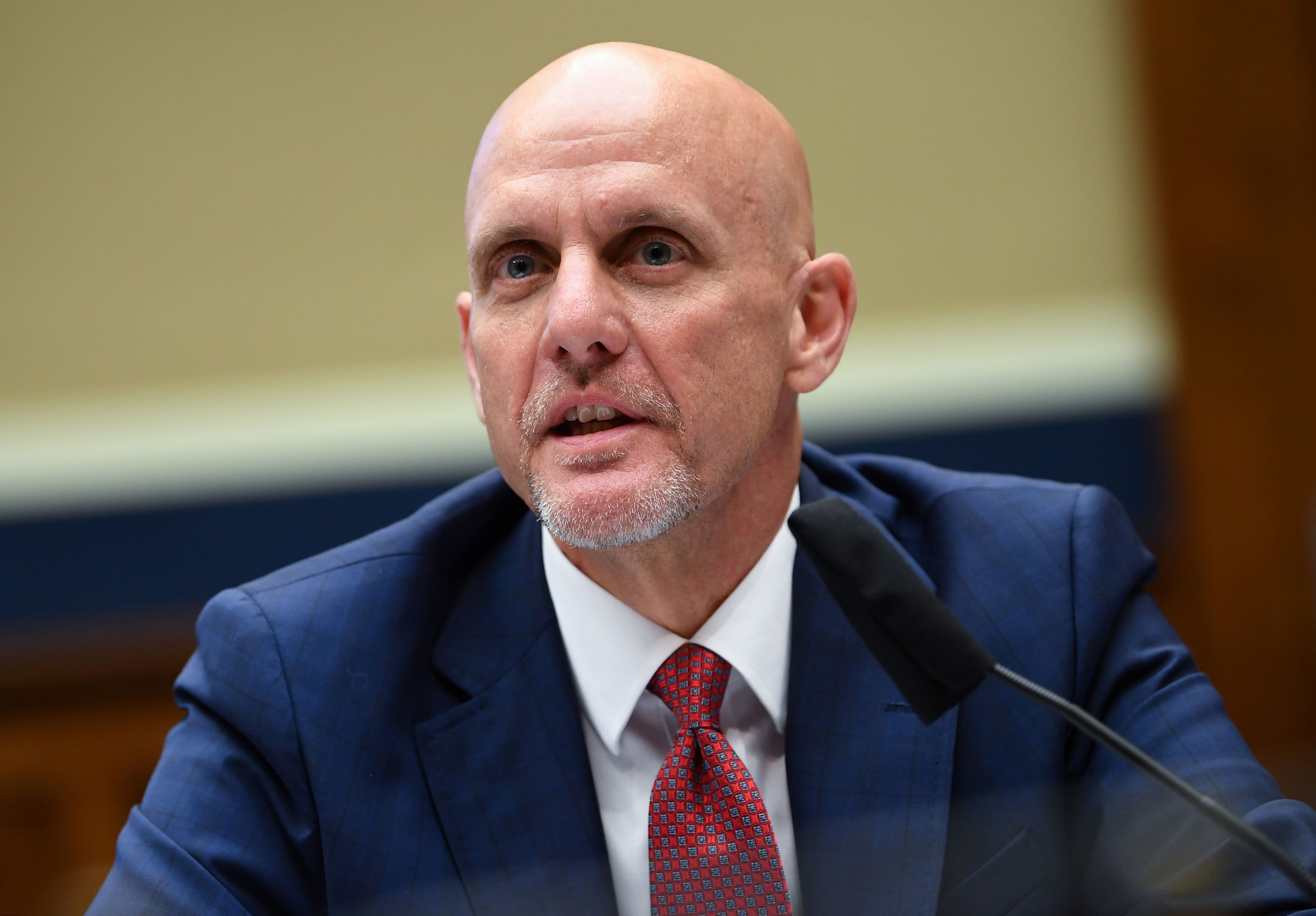Commissioner of U.S. Food and Drug Administration Dr. Stephen M. Hahn testifies before the House Committee on Energy and Commerce on the Trump Administration’s Response to the COVID-19 Pandemic, on Capitol Hill in Washington, DC, June 23, 2020.
Kevin Dietsch | Pool via Reuters
The Food and Drug Administration would authorize a coronavirus vaccine so long as it is safe and at least 50% effective, Commissioner Dr. Stephen Hahn said Thursday.
“We all want a vaccine tomorrow. That’s unrealistic. And we all want a vaccine that’s 100% effective. Again, unrealistic,” Hahn said in an interview with Dr. Howard Bauchner of the The Journal of the American Medical Association. “But we said 50%, and the reason was because we felt that that was a reasonable floor given the pandemic.”
He added that the minimum requirement of 50% effectiveness also helped give vaccine manufacturers guidance on how to design their clinical trials. Moderna and Pfizer, sent their vaccine candidates to phase three trials earlier this week, aiming to enroll about 30,000 participants to prove the vaccines are both safe and effective in a large population.
Hopefully, Hahn said, the vaccine or vaccines that end up getting authorized will prove to be more than 50% effective, but it’s possible that the U.S. could end up with a vaccine that, on average, reduces a person’s risk of a Covid-19 infection by just 50%.
“We really felt strongly that that had to be the floor,” he said, adding that it’s “been batted around among medical groups.” “But for the most part, I think, infectious disease experts have agreed that that’s a reasonable floor, of course hoping that the actual effectiveness will be higher.”
Dr. Anthony Fauci has said he hopes the vaccine will have an efficacy rate of at least 60%, meaning on average the vaccine reduces a person’s risk of a Covid-19 infection by 60%.
“Obviously, we would like to see it much, much higher. But 60% is the standard that you do for the cutoff. That’s not unusual,” he said Monday. ”I would like to see the highest percentage that we could possibly get.”
Hahn added on Thursday that if a vaccine isn’t safe, the FDA will not authorize it, regardless of how effective it appears to be.
“If we get to 50% but it’s not safe, to me, it’s not a vaccine that we can authorize,” he said. “We’re going to be very, very, very carefully looking at those safety data and we’re going to be transparent, Howard, about what we’ve seen.”
He said the FDA is using new strategies and technology to streamline data collection from clinical trial participants in order to more quickly and frequently collect data on safety. The FDA will also continue to monitor the safety of the vaccines after they are authorized and administered to the public, he said.
“We cannot have a situation where people lose trust in the FDA and in the clinical trial process,” he said. “That would be a mistake for all of us.”
